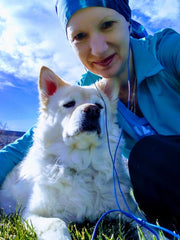
About the Author: Karen is a clinical psychologist who lives in Colorado. She works in private practice and as an adjunct university professor. When possible, she heads to the mountains to relax, recharge, and reconnect.
How My Vulvar Cancer Diagnosis Changed My World
At 2 am on Labor Day 2019, I was laying on my bathroom floor writhing in agony. Full of embarrassment and resignation, I called 911. In the ER, a CT scan revealed that what I had assumed was just a nasty case of food poisoning, was actually a lovely kidney stone. I was immediately wheeled to the OR for stent-placement surgery and then admitted overnight.
During this surgery, the urologist grew concerned after noticing something “weird” (an official doctor term). He requested an in-house gynecological consult which led to a referral for a gynecological oncologist. The very next week, I was once again in the OR. This time for a biopsy and groin lymph node excision. I was diagnosed with Stage 3 Vulvar Cancer (squamous cell type).
What is Vulvar Cancer?
Typically, when I first share with someone that I have cancer of the vulva, the first response is: What? Does that exist? This question is quickly followed up with: Wait, what exactly is the vulva? Where exactly is it located? And then a google search begins. (For those of you silently wondering, the vulva consists of your outer genitals—the vaginal lips, vaginal opening, clitoris, and perineum). As defined by the Mayo Clinic, Vulvar cancer occurs on the outer surface area of the female genitalia and typically forms as a lump or sore on the vulva that causes itching.
Vulvar Cancer is incredibly rare—according to Cancer.gov, 0.3% of all women will be diagnosed in their lifetime. Also, yearly only 0.3% of individuals newly diagnosed with any cancer have Vulvar Cancer. To put this in perspective, last year in the United States, approximately 1.7 million people were newly diagnosed with cancer. The most frequent diagnosis was breast cancer (268,600 women). The rate for Vulvar Cancer was 6,070. Vulvar Cancer is more commonly found in women over the age of 65; only 14% of new cases (840 women) occur in those younger than 55. I am 47.
Listen to Your Body
The warning signs and symptoms of Vulvar Cancer often mimic other gynecological issues and are therefore frequently ignored or misdiagnosed. Persistent itching, bleeding not related to your menstrual cycle, tenderness, skin discoloration, and a lump or growth could be signs of precancerous cells and/or cancer. While I experienced many of these symptoms over time, I found it easy to rationalize and even discount what I was noticing. For example, a few years ago I had a skin biopsy on a spot on my vulva that was itchy and mildly tender. The results came back negative. I was provided with a cream to help manage the itchiness and the sensation eventually subsided. When the itchiness later resumed, it was easy for me to believe that there was nothing significantly wrong. Further, I entered perimenopause at the age of 45. I again completed various lab tests and a pelvic ultrasound. These tests only confirmed that I was indeed entering menopause. When “breakthrough bleeding” later occurred, it was easy for me to assume that this was related to perimenopause.
Determined and Optimistic
There is a history of cancer in my immediate and extended family. For most of my adult life, I have been fearful of receiving my own cancer diagnosis. And to be honest, I remain fearful of a reoccurrence or new diagnosis (my risks for cervical, ovarian, and vaginal cancer are now increased). And yet, once I was told I that I do indeed have cancer, in addition to fear I also felt determined and optimistic. I researched what information I could find from cancer websites (e.g., the American Cancer Society, the Society for Gynecologic Oncology, Memorial Sloan Kettering Cancer Center) and collated the information. I am fortunate to have a wonderful treatment team through Rocky Mountain Cancer Center; they have remained honest and direct, positive and hopeful, and willing to answer all of my questions based on my research.
I began my treatment process at the beginning of October 2019. So far, I have completed 3 rounds of chemotherapy and surgery (a subtotal radical vulvectomy). I will soon begin 4 weeks of daily radiation supported by weekly chemotherapy. My life is now full of bed rest, boppy pillows, and baby wipes (ironic, as I have no children). I have learned to ask for--and more importantly to accept—help from my community (well, most of the time). I have learned that there is no reason to feel shame about having cancer. I have learned that talking about my “lady bits” with anyone and everyone has negated any (well most) feelings of embarrassment or discomfort with being the center of attention. (Ok, I admit it, I am relishing things being “all about me” right now). I have learned that I can still thankfully taste chocolate even when my taste-buds change from chemo.
My Vulvar Cancer Story: A Lesson in Gratitude and Strength
I am grateful for my family and friends who have been fabulously supportive. They feed me, listen to me AND ask questions, take my dog out for walks, drive me to appointments, send wonderful cards and care packages (usually filled with chocolate). I am grateful for the financial support I have received from family, friends, my professional community, and even strangers, as I am self-employed and unable to work daily. I am grateful for beautiful sunrises and sunsets over the mountains. I am grateful for my treatment team, for their patience, compassion, optimism, and giving me a fighting chance. I am grateful for Facebook Vulvar and Gynecological Cancer support and awareness groups. They are filled with amazing women surviving gynecological cancers, offering tips and strategies for managing treatment side effects and providing unending support. I am grateful for my dad for having taught me how to keep a sense of humor while fighting cancer. I am grateful for my mom for teaching me how to find the strength to persevere and to see the beauty in the world. I am grateful for my aunt, cousin, and friends who have battled cancer, for teaching me how to be brave and honest. I am grateful to my body for its willingness to absorb all the fun side effects of treatment, for slowly healing, and for finding a way to let me know that something is really wrong. To this day, I maintain that my kidney stone was the worst pain I have ever experienced. However, I remain grateful as that pain, along with my vigilant urologist, ultimately saved my life
If you are looking for more resources and support for those going through cancer, check out our other blogs:
Best Creams for Chemo
Best Clothes for Chemotherapy
Essential Wardrobe Guide for Chemo Sessions
We love hearing from our community members! If you have any further questions, feel free to contact us for more information.



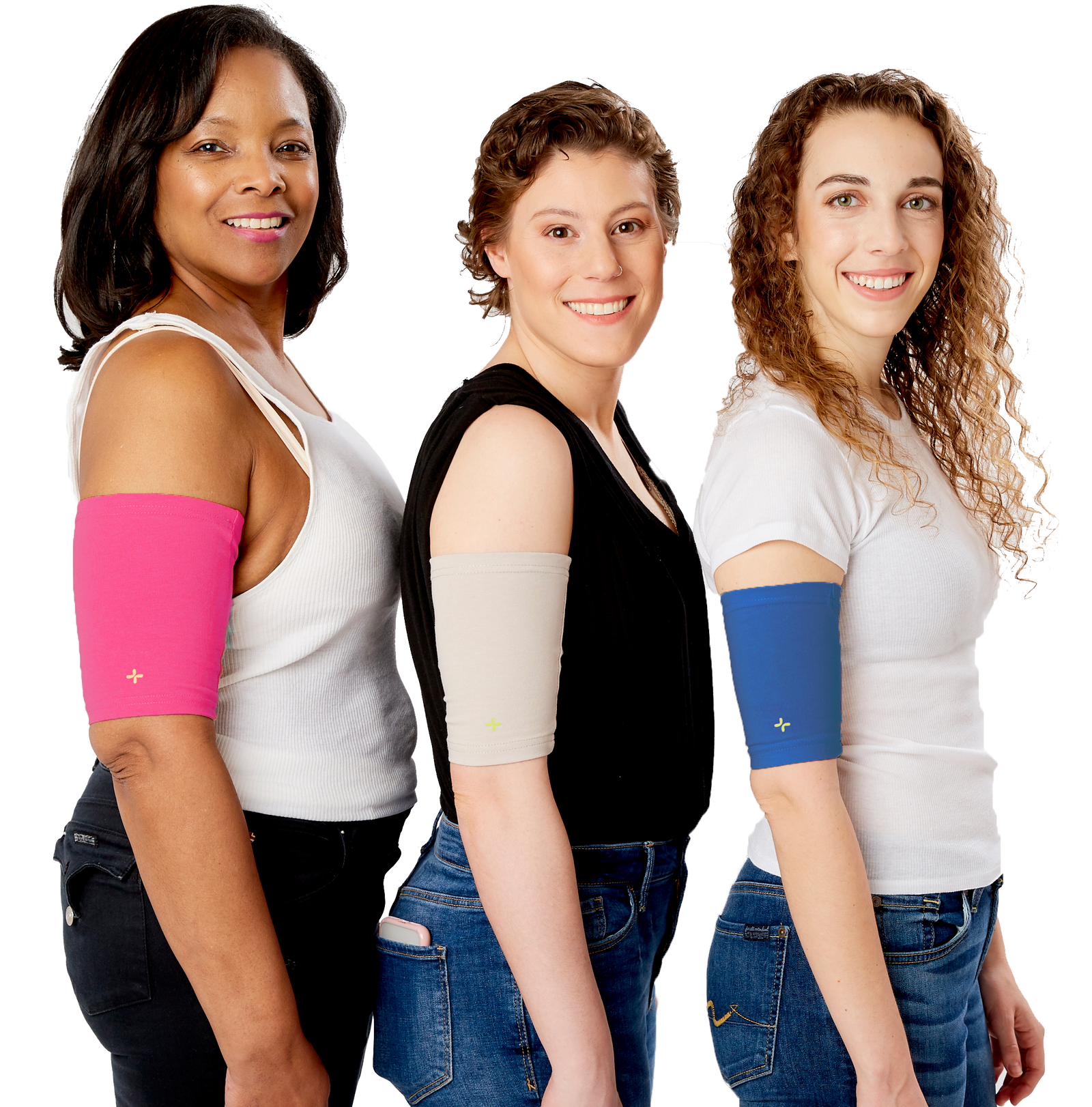


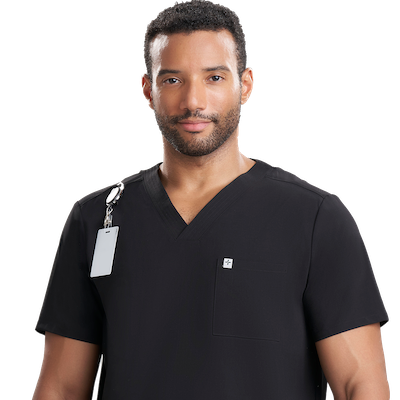
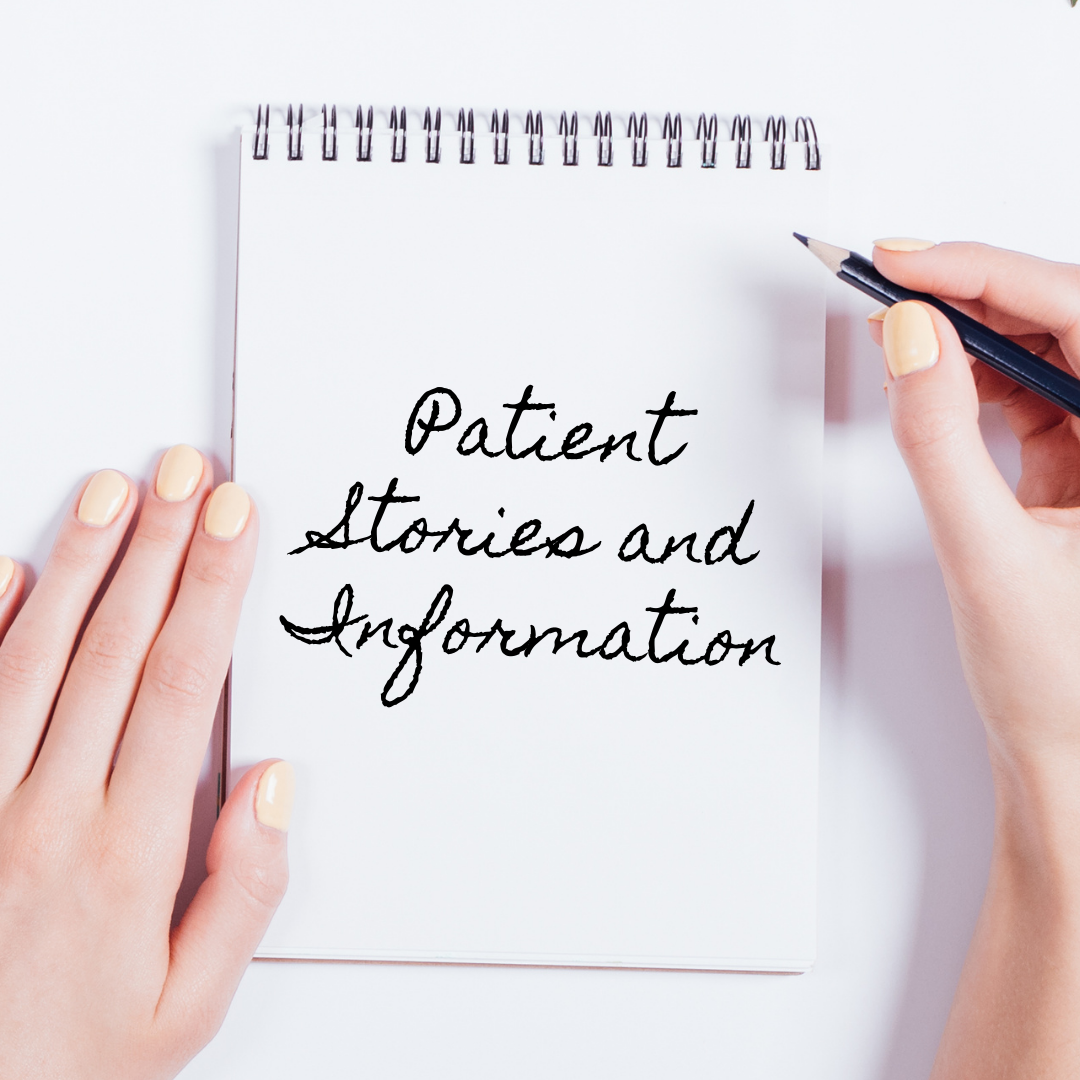
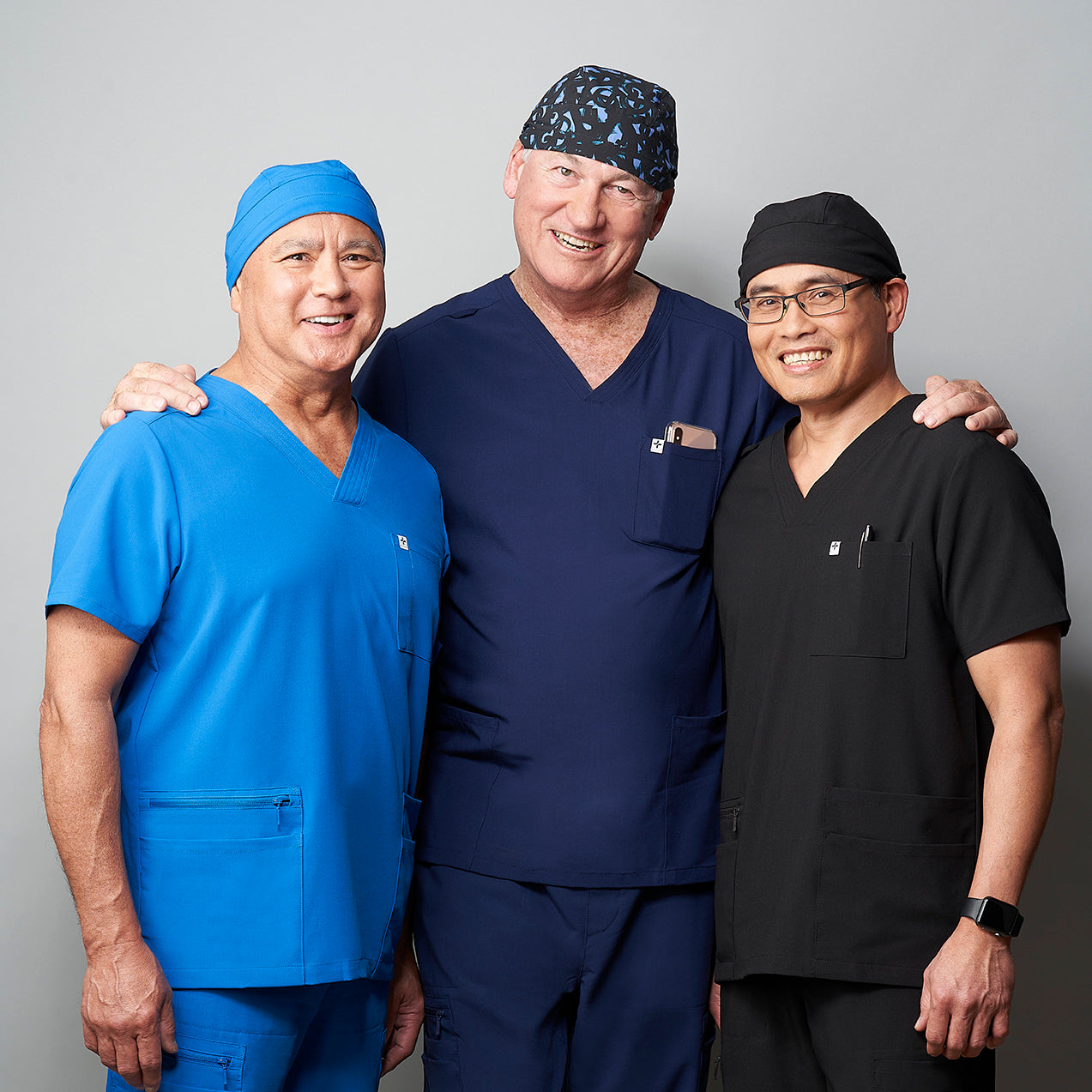

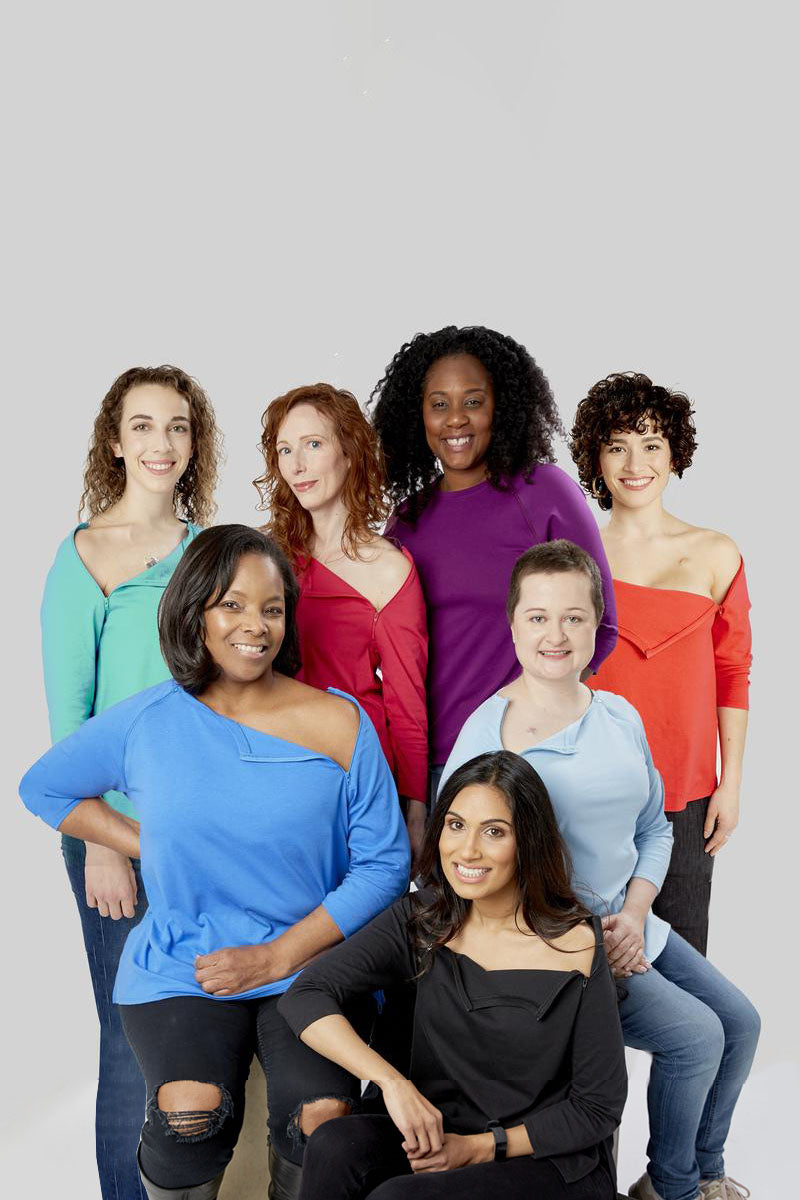
Barbara Bissell
September 23, 2024
Truth. That would be a nice addition to the treatment of this horrid cancer. I have lost count the number of times I have been lied to. Patients should have the best pain management that exists without stigma, and I’m not seeing that any where. The treatment for this disease is still in the dark ages.
I’ve got it. I also have several other rare cancers, most of which are incurable, including a brain tumor. Its literally which part to slice and dice and whose going to be in charge of helping me feel better so my screaming doesn’t disturb the neighbors.
I despair of finding any of this in Contra Costa County. Unless you have buckets of money.
I wish good luck to all of us.